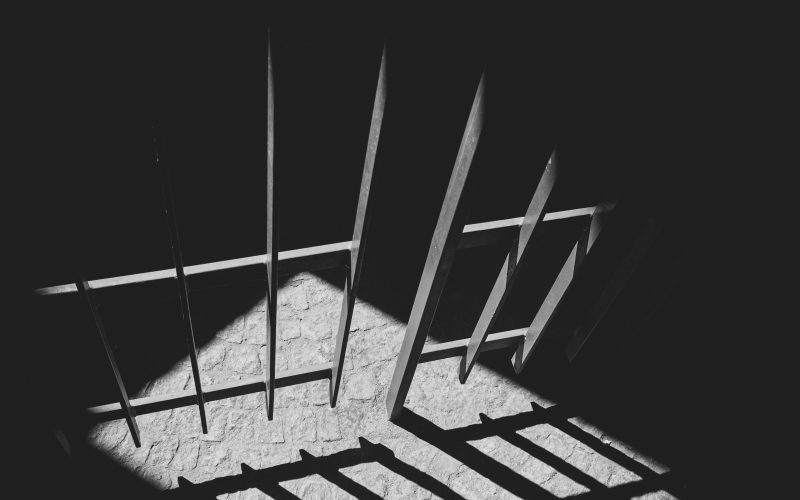Attention all readers! Have you ever wondered about the benefits and drawbacks of privatizing prisons? As many countries grapple with issues such as overcrowding, rising costs, and a need for better rehabilitation programs, some have turned to the idea of outsourcing their prison systems. In this blog post, we will delve into the pros and cons of privatizing prisons, examining both sides of this highly controversial issue. So strap in and get ready for a closer look at one of today’s most pressing debates!
What is privatization?
The U.S. prison system is overcrowded and expensive, so it’s no surprise that many states are considering privatizing prisons as a way to save money. But is privatization really the answer?
There are both pros and cons to privatizing prisons. On the plus side, private prisons can be run more efficiently than public prisons, resulting in cost savings for taxpayers. In addition, private prisons often have more innovative programs and services that can benefit inmates.
On the downside, private prisons can be more dangerous than public prisons, due to lower staffing levels and less oversight. In addition, there is a risk that private companies will cut corners in order to boost profits, which could jeopardize the safety of both inmates and staff.
Ultimately, whether or not privatization is a good idea depends on how well it is implemented. If done correctly, privatization can be a helpful tool in improving the U.S. prison system. However, if not done carefully, it could do more harm than good.
The pros of privatizing prisons
There are several potential advantages to privatizing prisons. One is that it could lead to cost savings for taxpayers. Private companies may be able to run prisons more efficiently than the government, leading to lower operating costs. This could free up funds that could be used for other public services.
Another pro is that privatizing prisons could improve conditions for inmates. Private companies would have an incentive to provide better conditions and amenities in order to attract and retain customers (inmates). This could lead to better food, more recreational opportunities, and improved medical care for inmates.
A third pro is that privatizing prisons could lead to increased innovation in the corrections industry. Private companies are often quicker to adopt new technologies and practices than government agencies. This could lead to improved security, more effective rehabilitation programs, and other advances in the way prisons are run.
The cons of privatizing prisons
When it comes to privatizing prisons, there are several potential drawbacks to consider. One key concern is that private prison companies may be motivated more by profit than by providing quality services or rehabilitation.
There is also the potential for increased cost-cutting measures in private prisons, which could mean reduced safety and security for both inmates and staff. Additionally, private prisons may be less transparent than public facilities, making it more difficult to hold them accountable for any problems that arise.
Finally, it’s worth noting that some research has suggested that privately operated prisons tend to have higher rates of recidivism than public facilities. This is likely due to a number of factors, including lower levels of staffing and investment in rehabilitation programs.
Who benefits from privatization?
There are a few different groups of people who can benefit from the privatization of prisons. One group is the shareholders of the companies that own and operate the facilities. These companies are typically for-profit, so their main goal is to make money for their investors.
Another group that can benefit from prison privatization are the employees of these companies. They may have better job security and benefits than they would if they worked for a government-run prison.
Finally, inmates in privately-run prisons may also benefit in some ways. For example, they may have access to more amenities and programs than they would in a public facility. They may also be less likely to experience violence or other negative conditions.
Are there anyAlternatives to privatization?
When it comes to running prisons, there are always going to be pros and cons to every method. That’s why it’s important to take a closer look at all the options before making any decisions. With that said, let’s take a look at some of the alternatives to privatizing prisons.
One alternative is for the government to simply run the prisons itself. This option has its own set of pros and cons that need to be considered. On the plus side, the government would have complete control over everything that happens in the prison. They would be able to set and enforce their own rules and regulations. Additionally, they wouldn’t have to worry about shareholders or profit margins. However, there are also some negatives associated with this option. For one, it would be very expensive for the government to run prisons on its own. Additionally, there is always the potential for corruption when the government is in charge of something like this.
Another alternative is for non-profit organizations to run prisons. This option has many of the same advantages and disadvantages as the government-run option. On the plus side, non-profits wouldn’t have to worry about making a profit so they could potentially provide better conditions for inmates. Additionally, they may be more likely to focus on rehabilitative programs rather than punishment. However, there are also some negatives associated with this option as well. For one, non-profits may not have the financial resources necessary
Conclusion
In conclusion, while there may be some potential benefits of privatization in criminal justice systems, it is also important to consider the numerous drawbacks. Private prisons often provide lower quality services and employ fewer guards than government-run operations. These facilities can also incentivize companies to keep recidivism rates high for their own financial benefit. Overall, it seems that privatizing prisons is not a one-size-fits-all solution and should be approached with caution before any drastic changes are made.












